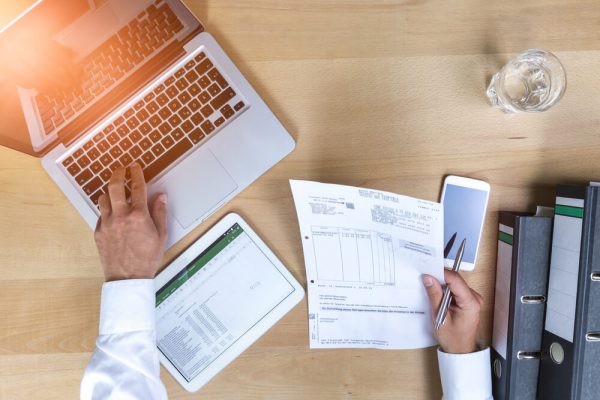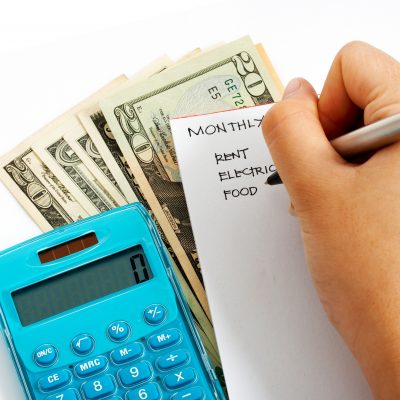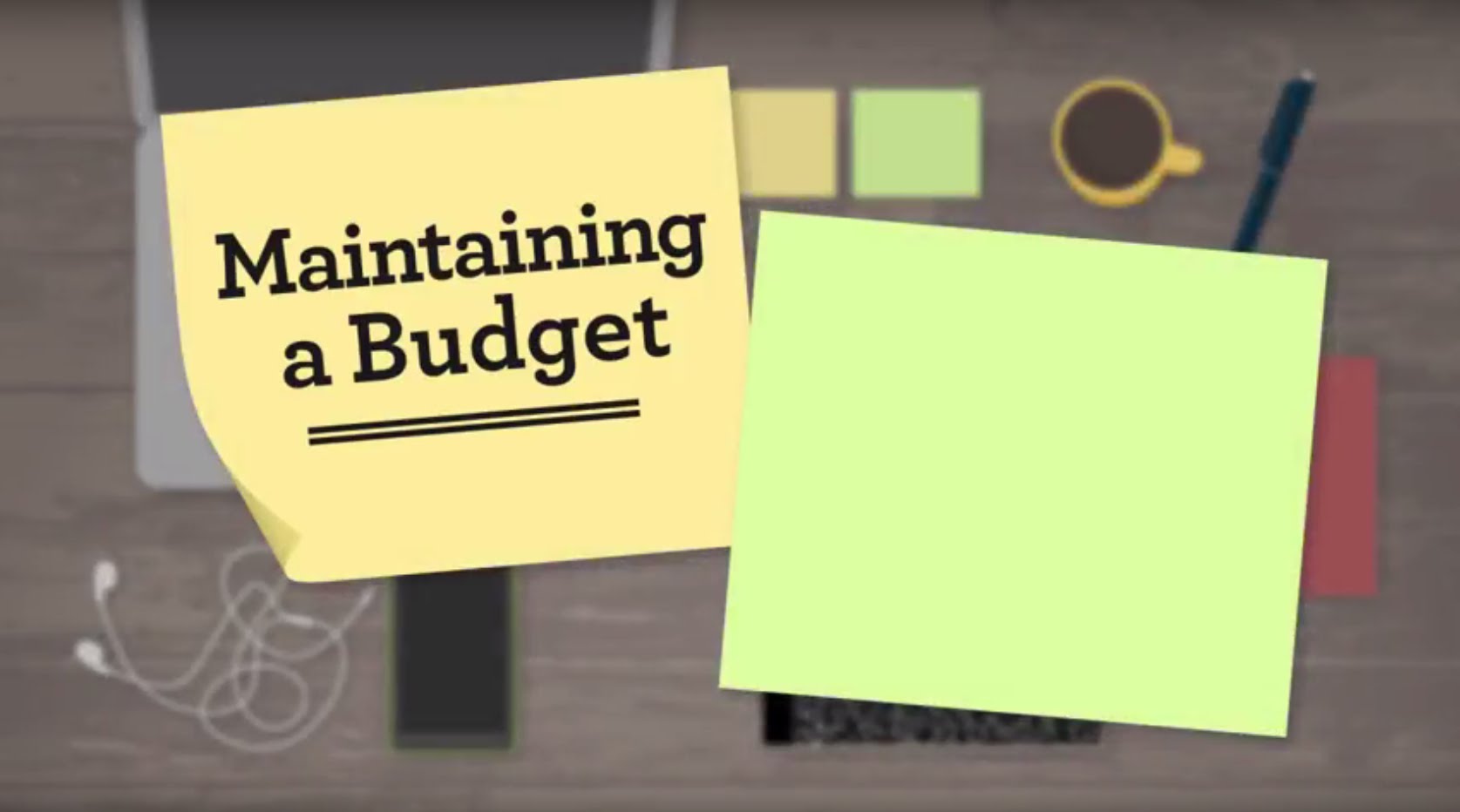Having a personal budget is a wise course of action no matter how wealthy you are, but if you don’t have a lot of spare cash, it’s an absolute necessity. Being able to keep track of where your money is going will help you to analyze your expenditure and make savings across the entire range of your outgoings. It allows you to factor in occasional and unforeseen expenses like car repairs and home maintenance so that you aren’t caught short if such a situation arises. It also helps you stick to a spending plan, so you can pay off any debts you have or save for more expensive costs like a vacation of a newer car.
Using the power of the Internet to help you prepare a budget
Before you start work on your budget, have a search online,and you’ll find a vast array of resources to help you with your task. There are pre-populated financial planning spreadsheets and ready-formulated spreadsheets that you just need to add your own data to, and tools that will do all the calculations for you once you’ve entered your information. If you’re not sure how much you should allow for certain expenses, there are tables you can consult which will give you an average for the size of home you live in and the number of people living with you.

Getting advice from the Internet
Beyond the spreadsheets and budgeting tools, there is also a wealth of information advising you on how to budget effectively, as well as advice concerning savings, investments, pensions, insurances, mortgages,and loans. For example, you can learn more about finding unsecured credit cards and how to rebuild your credit rating, which you may be surprised to discover involves spending on a credit card! Using a credit card to rebuild your rating probably sounds counter-intuitive, but it’s a way to gauge whether you are able to make repayments and manage credit, thus raising your score if you show you can use a card responsibly. If you didn’t realize that, it’s a good example of how the web can help you even when you don’t think it can, as there’s almost always a way to cope with financial problems more efficiently. There are also some very informative sites that let you know about all the best ways to save money and spend wisely, plus there are price comparison sites allowing you to compare the costs of a wide range of goods and services.
Be honest when completing your budget
The most important point when entering data into a budget spreadsheet or tool is,to be honest about what you are spending. If you underestimate what you spend, you’ll soon find the usefulness of your budget is basically redundant, so it’s important to be as accurate as possible when entering your figures. If you find your monthly spending on a particular area is fluctuating up and down, take a year’s worth of spending, add it together and then divide by the number of months (assuming you’re doing a monthly-based budget) to give you an average per month figure. That makes it easier to budget a whole year of outgoings without underestimating what you might spend. Also, don’t miss anything out. Checking your bills to see how much you spend per month is a straightforward exercise, but there are other expenses that only come around a few times a year that are easier to forget. This is where an internet resource that gives you a list of expenses to check comes in so handy, as it will jog your memory regarding any costs you’ve missed out of your budget.

Maintaining your budget
Once you’ve taken the trouble to set it up, you need to make use of your budget, not leave it to gather dust! This is a working document, so at least once a month and preferably more, you need to check your actual expenditure and income with your budget and see where there are any differences. This will help you correct any under or overestimation of figures, and the more accurate your figures are, the more reliable your forecast is likely to be. The forecast is one of the most useful aspects of your budget, as it allows you to predict where you will be financiallyin several months, or even years,time. You might discover that you are able to make some savings in certain areas that will allow you to start a fund to save for a treat or a forthcoming expense. It also allows you to see how long you can manage before you need to be earning more money, or what you will need to economize on if extra income isn’t forthcoming.

Using your budget to improve your life
The point of your budget isn’t to make you feel gloomy about your finances, but to give you a realistic assessment of your financial situation. If you know fairly accurately how your cashflow looks going into the future, it enables you to take action to ensure you don’t fall into debt, and you take the necessary steps to increase your income. Your balance figure will give you the expected figures for the surplus of cash after all your ongoing expenses and a contingency figure have been accounted for. That means you can be realistic about the need to earn more and how much you would need to be making, or where you can cut back to reduceyour expenditure. For instance, you might find you’re better off sticking with the job you have and looking for a supplementary income.
Creating an accurate, useful budget only takes a few hours, and keeping it maintained only requires a brief update now and then. In return for your effort, you will have a much clearer idea of where you stand with your finances, and be empowered to take action to make changes in your life that will improve your current and future situations.
